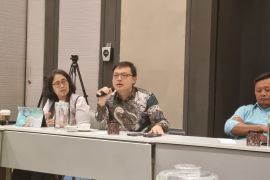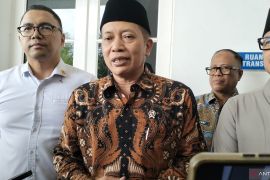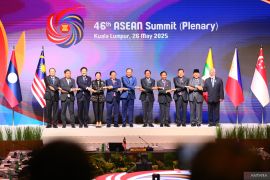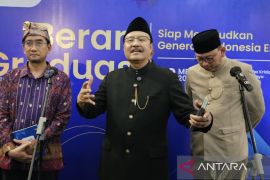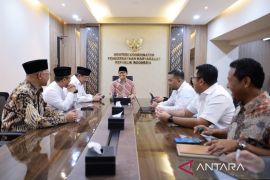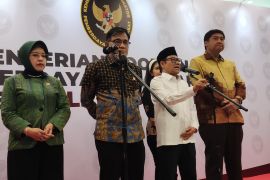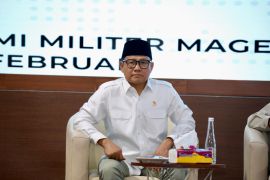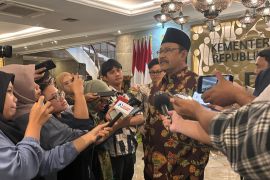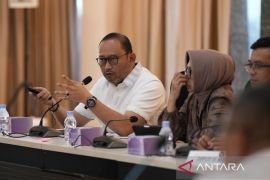In late 2023, the government is exerting its utmost efforts to deal with extreme poverty, as evidenced by the participation of all ministries in the journey toward an extreme poverty-free Indonesia.
The Ministry of Social Affairs has been playing a leading role in the alleviation of extreme poverty.
Minister of Social Affairs Tri Rismaharini revealed that, over the course of 2023, numerous cases of child bullying occurred in Indonesia. She remarked that bullying had led to lower self-confidence among victims, leading them to inflict self-harm.
Rismaharini pointed out that the trend was a result of the lack of support and good examples from adults, especially if the victims came from poor families.
Based on the standards of the World Bank, a family can be categorized as a non-poor one if it can generate at least US$1.9 daily.
The government has been implementing three grand strategies to achieve its extreme poverty alleviation target, namely reducing the people’s burden, increasing the people’s income, and suppressing the number of poverty pockets, or regions that house a large number of underprivileged people.
In the first strategy, the government has been striving to distribute social aid through the Family Hope Program (PKH) and Basic Commodity Assistance (BPNT) Program to 18.8 million beneficiary families (KPMs) registered in the Integrated Social Welfare Data (DTKS).
Translator: Devi N, Tegar Nurfitra
Editor: Anton Santoso
Copyright © ANTARA 2023


